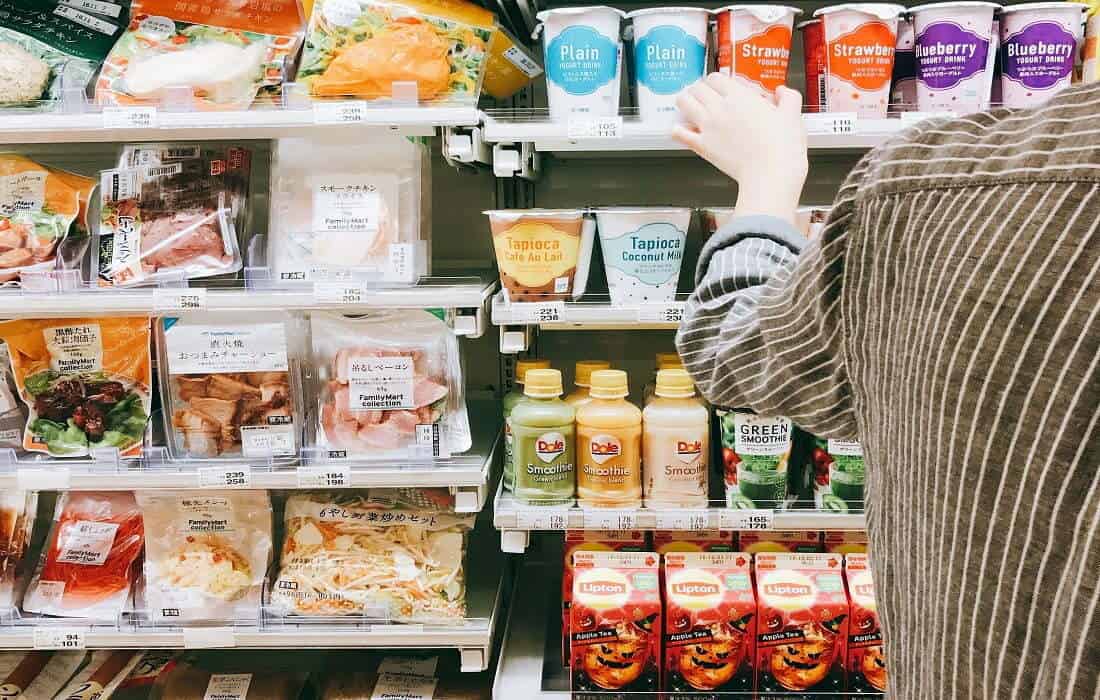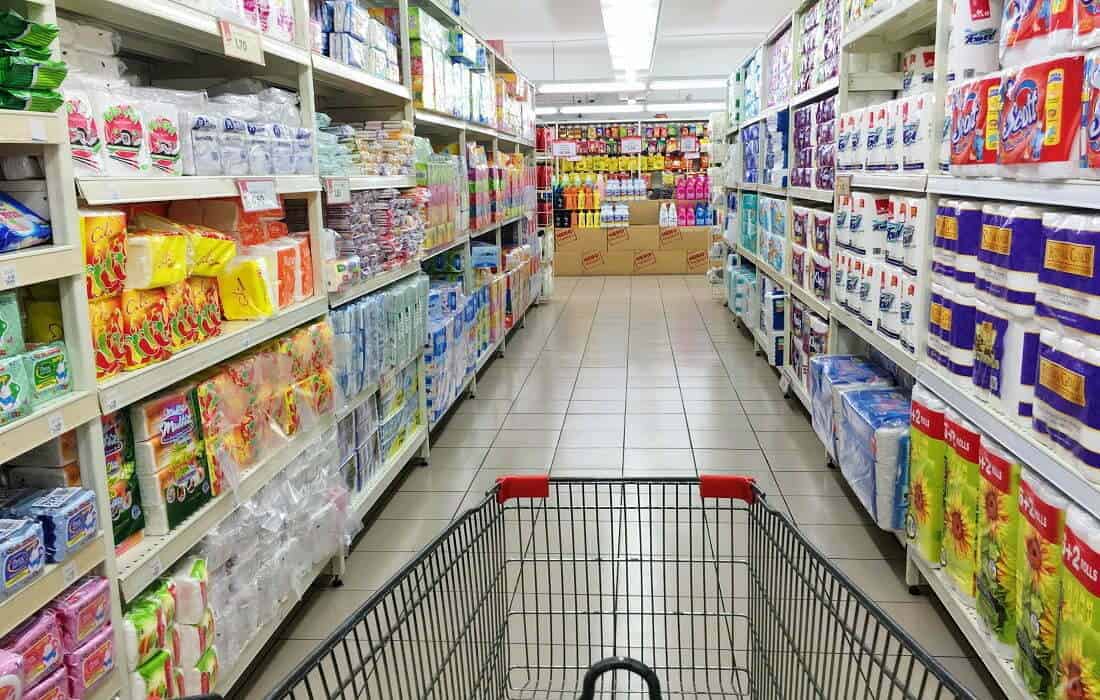Whether you’re planning for the future or trying to prepare your home in an emergency, stocking up on essential supplies is critical. A stockpile ensures that you and your family are well-equipped to handle any situation life throws you from power outages to natural disasters.
But with so many options available, knowing where to start when stockpiling supplies can be challenging. In this article, we’ll explore how you can build the ultimate stockpile of emergency gear so your family is always prepared for whatever might come their way.
Why do people stockpile, and when is it a good idea?
Stockpiling is the practice of buying items in bulk or large quantities. People stockpile for a variety of reasons, but the most common is to save money in the long run. However, stockpiling isn’t always the best idea—it can become excessive and take away from other areas of your budget. Let’s break down why people stockpile, when it’s a good idea, and what to keep in mind before stocking up on items.
Why Do People Stockpile?
Most people stockpile because they want to save money in the long run by buying items that are needed for everyday life like toiletries, household items like paper towels and cleaning supplies, food staples like canned goods or rice and grains, pet supplies, etc. Most consumers assume that buying these items in bulk will be cheaper than shopping for them every few weeks at their local store. And while this can be true (buying in bulk often means you get more bang for your buck), there are some things to consider before taking advantage of bulk discounts.
When Is It a Good Idea?
Stockpiling is a good option if you have the space to store large amounts of products and you plan on using them within a reasonable amount of time. For example, if you buy a large bag of flour but it takes you over six months to use it all, then you might not be getting as much out of it as you think—flour has an expiration date! So as long as you can use large quantities of products quickly enough that nothing goes bad before its expiration date, then stockpiling can be an effective way to save money over time.
What To Keep In Mind?
One thing that many people don’t think about when stockpiling is how much money they are actually saving. While buying items in bulk may seem like a great deal at first glance, make sure you do the math before committing to anything! Compare prices between different stores or online retailers; if one store has lower prices than another for certain items without having to buy an entire pallet-full at once then maybe it would be better to shop around rather than stock up on something all at once. Additionally, consider any additional costs associated with storing larger amounts of product such as storage bins or shelving units—these costs should also be taken into consideration when deciding whether or not stockpiling is right for you and your budget.
How to begin stockpiling supplies for emergencies
The first step to building a stockpile is to assess your current home situation. Make sure you have an inventory of what supplies and equipment you already have on hand and any that may be missing from your collection. Knowing what you need will help you purchase the right items for your stockpile. Consider factors like how many people are in your family and their ages so that you can gather the appropriate amount of each item needed.
Next, create a list of essential items you’ll want to include in your stockpile. It should include everyday items like food, water, hygiene products, flashlights, matches and batteries – all of which can come in handy during an emergency. Try to purchase items with a long shelf life, such as canned goods and bottled water. Stocking up on first-aid supplies like bandages, gauze, over-the-counter medications, thermometers, and antiseptic wipes is also essential.
When you’re ready to start buying the supplies for your stockpile, begin with easy-to-find and store items. For example, consider purchasing canned foods in bulk from stores like Costco or Amazon Pantry. It can help you save both time and money in the long run. It would help if you also looked into purchasing additional items at local dollar stores or discount retailers.
Where to store your stockpiled supplies
It’s essential to properly store all of your emergency supplies to ensure their quality and longevity. Consider designating an area in your home specifically for stocking supplies, like a basement or garage. It will help keep your stockpile organized and make them easy to access when necessary.
If you don’t have any room in your home, plenty of other storage options are also available. For example, investing in a large plastic storage container can provide additional space for large-scale items such as food and water. Additionally, you may consider purchasing smaller plastic containers with airtight lids or seals to store smaller items like batteries or first-aid kits. Make sure to label all the containers so it’s easy to remember what’s inside them without having to open all of them.
Maintaining your stockpile
Once you have a stockpile of supplies ready, it’s essential to stay on top of maintenance to keep everything in working order. It includes regularly checking expiration dates and replacing items when they pass the expiration date or become unusable. Additionally, maintain a regular rotation schedule – use items close to their expiration date first before reaching for those with longer shelf lives. It ensures that your family always has fresh and usable supplies in an emergency.

Why it’s important to stockpile supplies
Preparing for any emergency is essential to keeping your family safe and secure. By properly stockpiling supplies, you’ll have peace of mind knowing that your family will always have the necessary items on hand to get through difficult times. While putting off stockpiling until you have more time or money may be tempting, remember that being prepared can mean the difference between life and death during an emergency.
Creating a stockpile of supplies can seem like an overwhelming task at first, but with some planning and preparation, it doesn’t have to be too difficult – or too costly. Take the time to assess what supplies you already have on hand, create a list of essentials, purchase items in bulk if possible and store everything in a designated area. Finally, maintain your stockpile by checking expiration dates and rotating items as needed. By following these tips, you can ensure that your family is always prepared for the unexpected.
Conclusion
Being prepared for emergencies is essential in keeping your family safe. While it may require a bit of planning and preparation, having a stockpile of supplies can help give you peace of mind knowing that your family will always have the necessary items to get them through difficult times. By assessing what supplies you already have on hand, creating a list of essentials, purchasing items in bulk when possible, properly storing everything and maintaining the stockpile regularly, you can ensure that your family is always well-equipped to handle any emergency.
The importance of being prepared cannot be overstated – stockpiling supplies now can help save lives later. Make sure you are ready for anything by taking the time now to assemble an emergency supply kit for your home.


